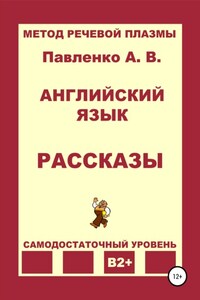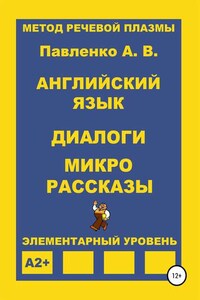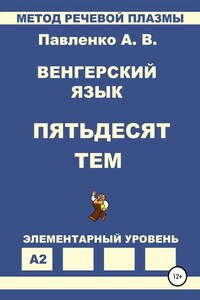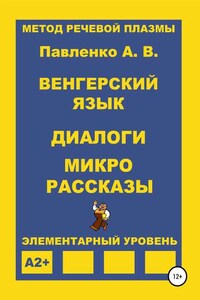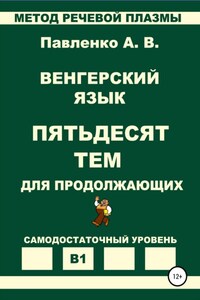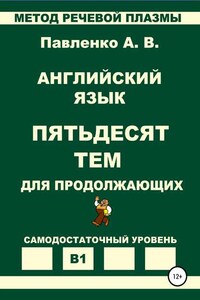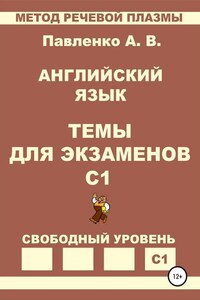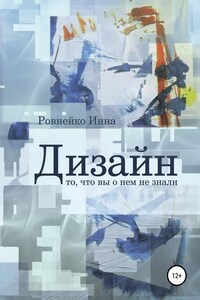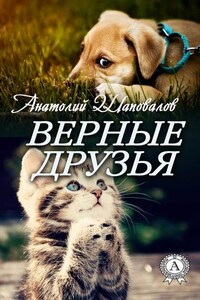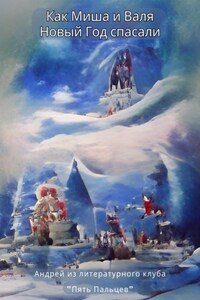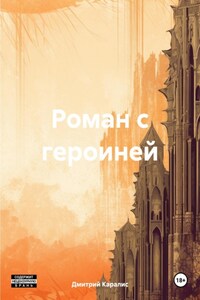Last year my wife and I spent our holidays in Crete, the southernmost island in Greece, and we made lots of little excursions there into the countryside. On one occasion, we wanted to visit the south side of the island, where there are some ruins from the Roman times and from a former monastery. We went there by bus, travelling along tiny little windy roads. It was quite frightening to watch how the bus driver was manoeuvring the vehicle around all of the twisty curves in the road, quite breathtaking. At every curve we were scared that the bus would crash, and the bus driver had to signal with his horn at each turning as it was impossible to see if any traffic was coming from the other direction and there wasn’t enough space on the road for two vehicles to pass side by side.
When we arrived at the nearest bus stop to the ruins, we could see them in the distance, and we could see that there were only two ways to get there – on foot, or by boat, if we had one, which we didn’t. So, we started walking in that direction, along a dried up river bed. From the map it seemed that the distance we had to walk was about three kilometres, but it must have been longer, as it took us about three hours of difficult climbing and scrambling over rocks to get there.
At one point on the way we reached the top of a hill, from which we had an amazing view of the ruins. There we met a boy from France, who we shared friendly gestures with, but couldn’t really speak with as we didn’t speak a foreign language. We climbed down from there together, into the grounds of the ruins. There was a fence blocking our path, but it was quite small and easy to climb over.
In the grounds of the ruins were some very twisty, gnarled old olive trees, and at the entrance we found a beautiful mosaic from the Roman times, leading to many little paths. The monastery was very small. Each of the monks’ cells were just tiny little box-like rooms, two by three metres in size. The whole place had a beautiful, ancient atmosphere.
By the time we got there we were very tired after so much walking and weren’t looking forward to the long trek back to the bus stop. We weren’t even sure that we would get there in time for the last bus. Fortunately, we met a fisherman on the beach, who was there fishing for octopuses. He was kind enough to take us back to the road by boat, which only took about ten or fifteen minutes, and the walk to the bus stop from where he dropped us off was very short. We were well in time to catch the bus. We were very happy, if a little exhausted, after a nice, interesting trip.
